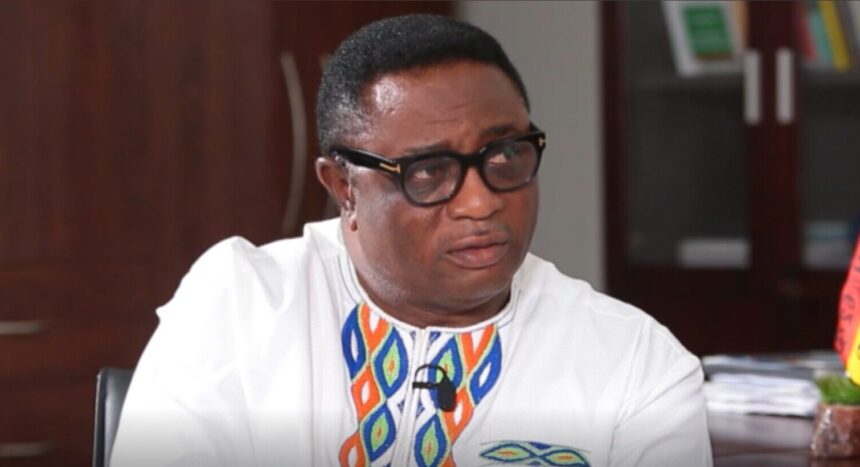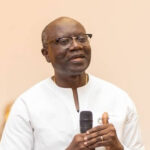Over 200 prophecies have been submitted to his office since a directive was issued. Still, only a small percentage of them merit further consideration, according to Elvis Afriyie Ankrah, the Presidential Envoy on Interfaith and Ecumenical Relations.
Following the helicopter crash on August 6 that killed eight people, Mr. Afriyie Ankrah explained that processing prophecies is not the only activity that takes place in his office.
Collaboration with local and international religious organisations, such as ECOWAS, the African Union, the United Nations, and religious communities throughout Ghana, is part of its larger mandate.
The envoy claims that most submissions made after the tragedy are insubstantial. “By and large, 70–80% is of no substance,” he stated. Just 2–5% of the remaining ones might be worth looking into further.
Church leaders were urged by the August 10 directive that prompted these submissions to formally submit prophecies about political leadership, public stability, or national security to the envoy’s office for immediate consideration.
The goal was to distinguish between fearful speculation and true spiritual insight.
Mr. Afriyie Ankrah explained the procedure and emphasised that to be handled responsibly, sensitive prophecies with possible security ramifications must be shared privately rather than publicly. Since then, the office has created an email address and a WhatsApp platform for these submissions. The Bible itself encourages the testing of prophecies, he added.
“Testing means there is room for review … There’s a lot that is completely bogus … But there may be a few that have some substance,” he said.
The ambassador addressed misunderstandings by saying that the office, which had been set up two weeks earlier, is not a “collector of prophecies” as some false reports had claimed.
“That’s why you saw all those memes,” he acknowledged, restating the office’s mission to promote harmony and unity among religious faiths.
Over 90% of Ghanaians identify as members of a faith community, he noted, underscoring the importance of religion in the country’s social fabric and the importance of interfaith cooperation for social cohesion and governance.






